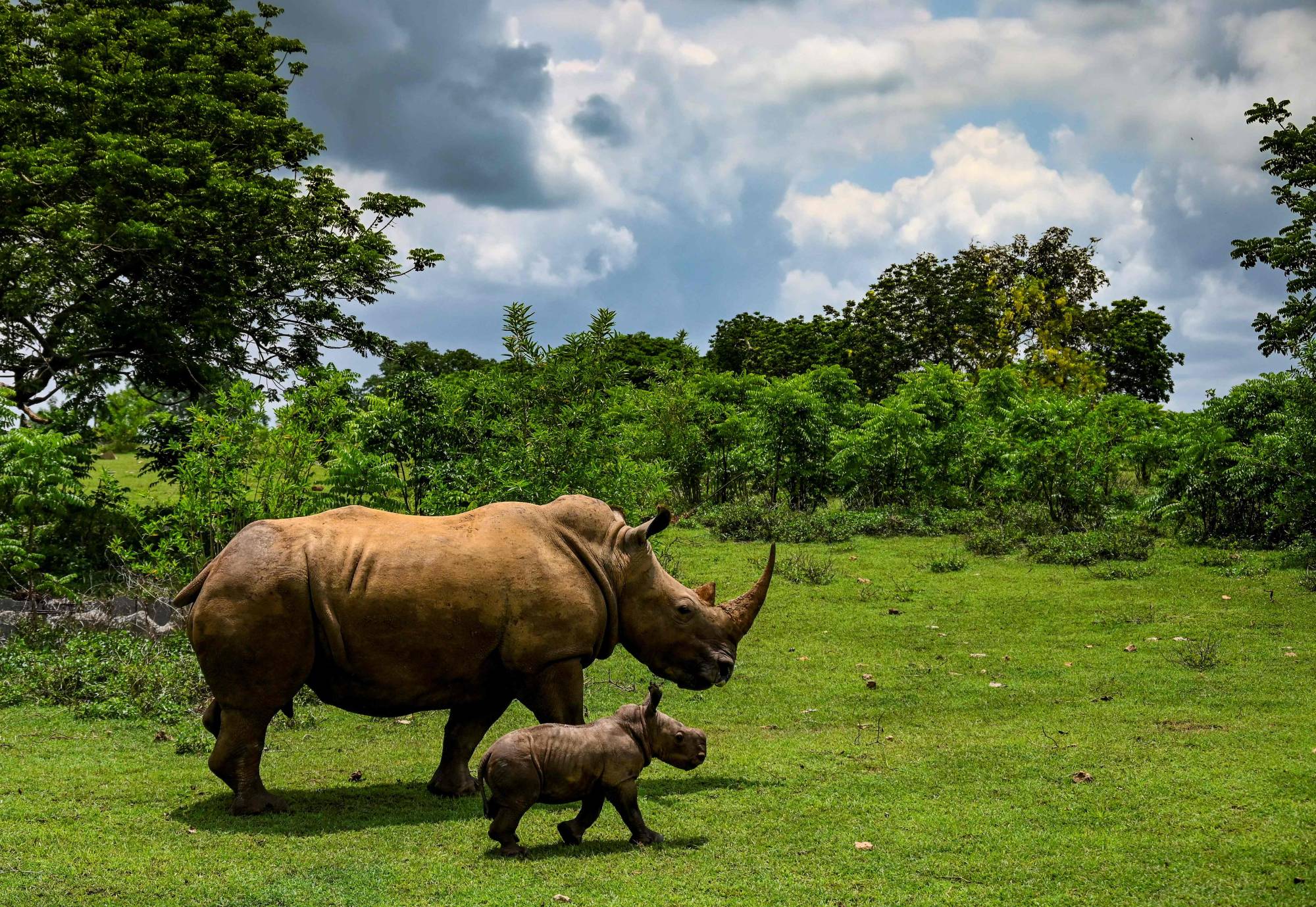The United Nations is backing biodiversity credits as a way to boost conservation financing, but critics warn the new financial instrument may give companies another tool to burnish green credentials without changing the way they do business. The research published Monday by the United Nations Development Program and the International Institute for Environment and Development, a U.K.-based think tank, comes as negotiators gather at the U.N.’s flagship biodiversity summit in Montreal with the hope of finalizing a global agreement to halt and reverse biodiversity loss by 2030.
Biodiversity — the breadth and variety of life and ecosystems on earth, from polar bears to plankton — is declining at an unprecedented rate, posing a threat to the planet and the financial system and accelerating the pace at which the planet is warming. The World Economic Forum estimates that roughly half of global gross domestic product, or about $44 trillion of economic value, depends on the natural world in some way, meaning its destruction also carries an enormous financial toll.
More than 100 financial institutions representing some $17 trillion have called on world leaders to support effective measures to reverse nature loss by the end of this decade, a deal akin to the 2015 Paris Agreement that’s set a clear goal to limit global warming.


















With your current subscription plan you can comment on stories. However, before writing your first comment, please create a display name in the Profile section of your subscriber account page.